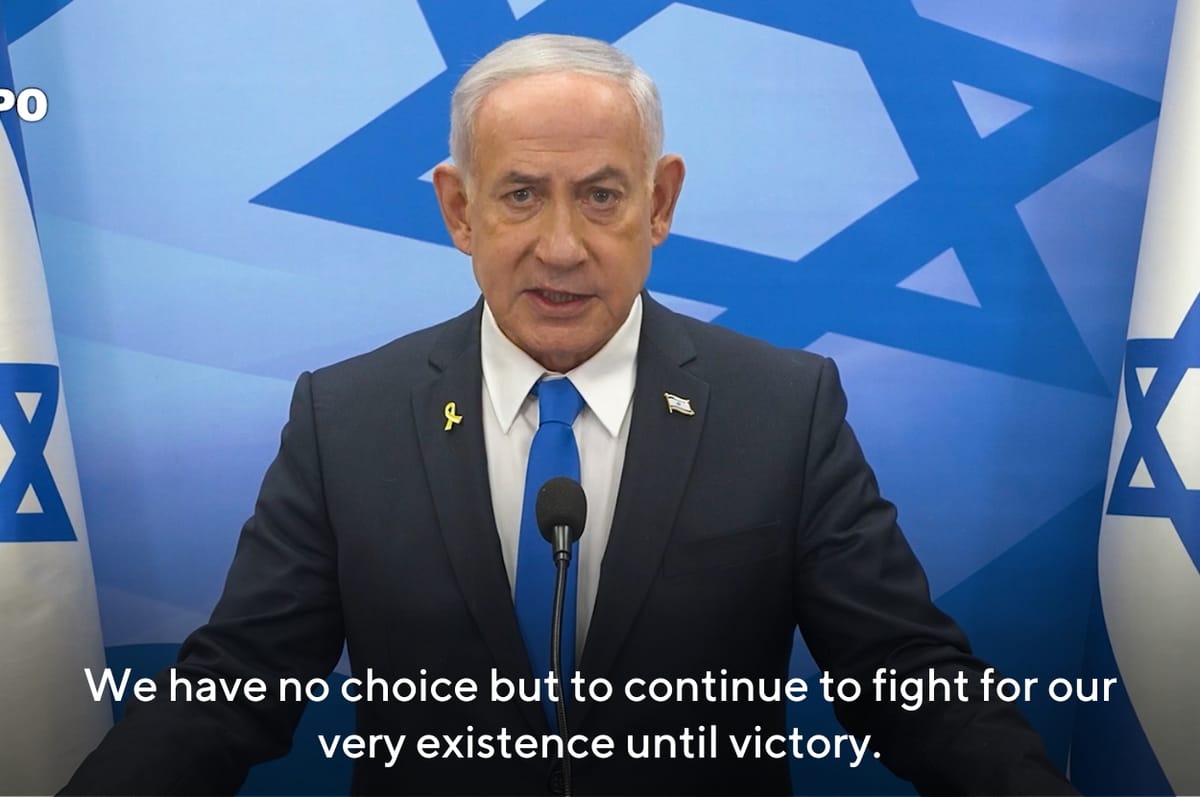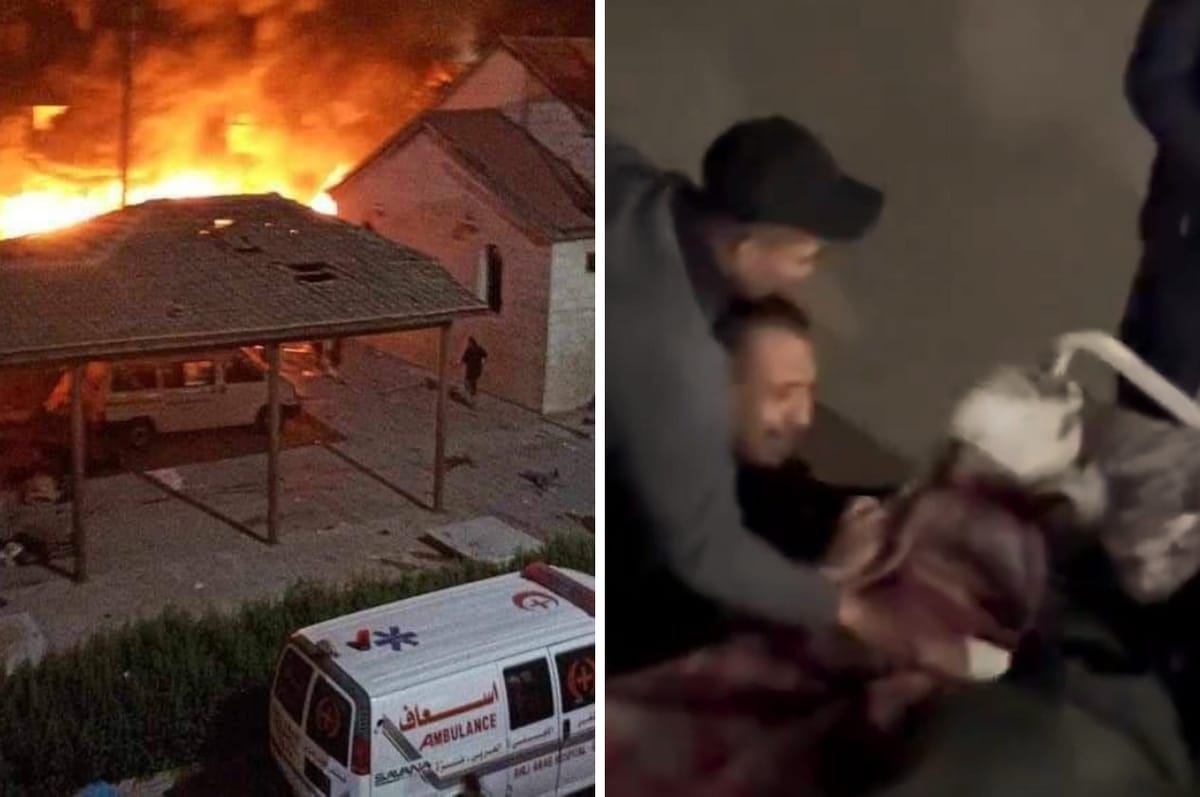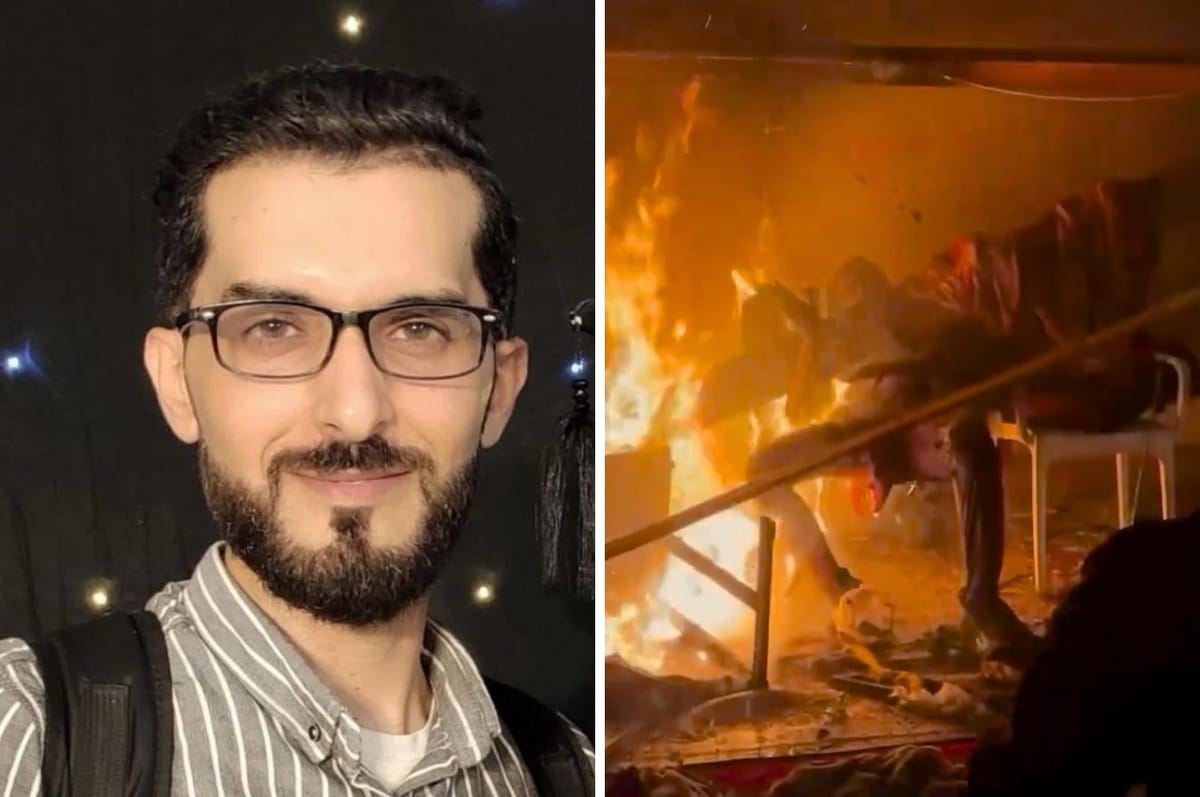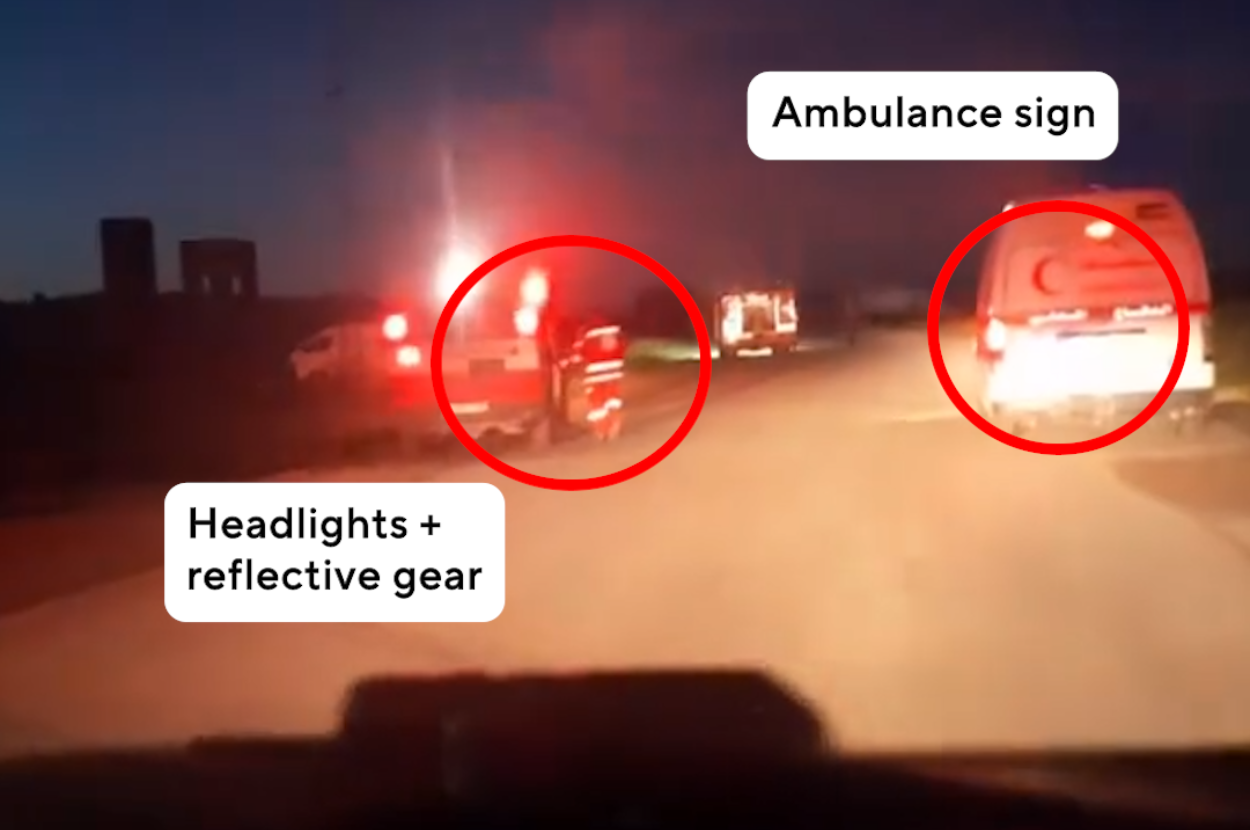After Hamas Refused A Ceasefire Deal That Doesn’t End The War, Netanyahu Vowed To Respond Forcefully
Netanyahu said he had ordered the Israeli military to increase its pressure and fight forcefully, saying Israel “has no choice but to continue to fight until victory.”

Israeli prime minister Benjamin Netanyahu has ordered the Israeli military to increase pressure on Hamas after Hamas refused a new ceasefire deal by Israel to release the remaining hostages without Israel stopping its genocide in Gaza.
Hamas refused on April 17 the new deal presented by Israel, which included a 45-day truce, Hamas releasing 10 living hostages in exchange for about 1,231 Palestinian prisoners and discussions about Hamas disarming, Reuters reported.
The deal does not include Israel ending its war on Gaza or Israeli troops withdrawing from the Strip.
Hamas said it is ready to negotiate the release of all remaining hostages, but in return for an end to the war, the release of Palestinians jailed by Israel and the reconstruction of Gaza.
“Netanyahu and his government use partial agreements as a cover for their political agenda, which is based on continuing the war of extermination and starvation, even if the price is sacrificing all his prisoners (hostages),” Khalil Al-Hayya, the head of Hamas, said.
In a televised statement on Saturday, April 19, Netanyahu then ordered the Israeli military to increase its pressure and fight forcefully, saying Israel “has no choice but to continue to fight until victory.”
He said that he will not agree to ending the war, claiming that it would reverse Israel’s military gains and allow Hamas to rebuild and leave Israel under “an existential threat.”
“Surrendering to Hamas’s demands would endanger the country and its citizens,” Netanyahu said.
He had said earlier in April that the Israeli military is seizing more territory in Gaza, slicing up the Strip and creating a new security corridor, “the Morag Corridor” in southern Gaza, as the “second Philadelphi Corridor”.
The corridor lies between Khan Younis and Rafah and would cut Rafah off from the rest of the Strip.
Earlier, Israeli defense minister Israel Katz said the Israeli military is expanding its offensive to "crush and clean" Gaza of Hamas militants while seizing extensive areas to integrate into Israel's security zones.
On March 18, Israel renewed its fighting in Gaza, launching massive airstrikes across the Strip, killing more than 400 Palestinians in less than 24 hours, unilaterally ending the nearly two-month ceasefire, after it refused to implement the second phase of the deal, originally set to begin on March 1.
It then blocked all humanitarian aid and cut off electricity to Gaza and has since killed more than 1,827 Palestinians in Gaza, most of whom are women and children, according to Gaza’s Ministry of Health.
More On Israel's Genocide In Gaza











